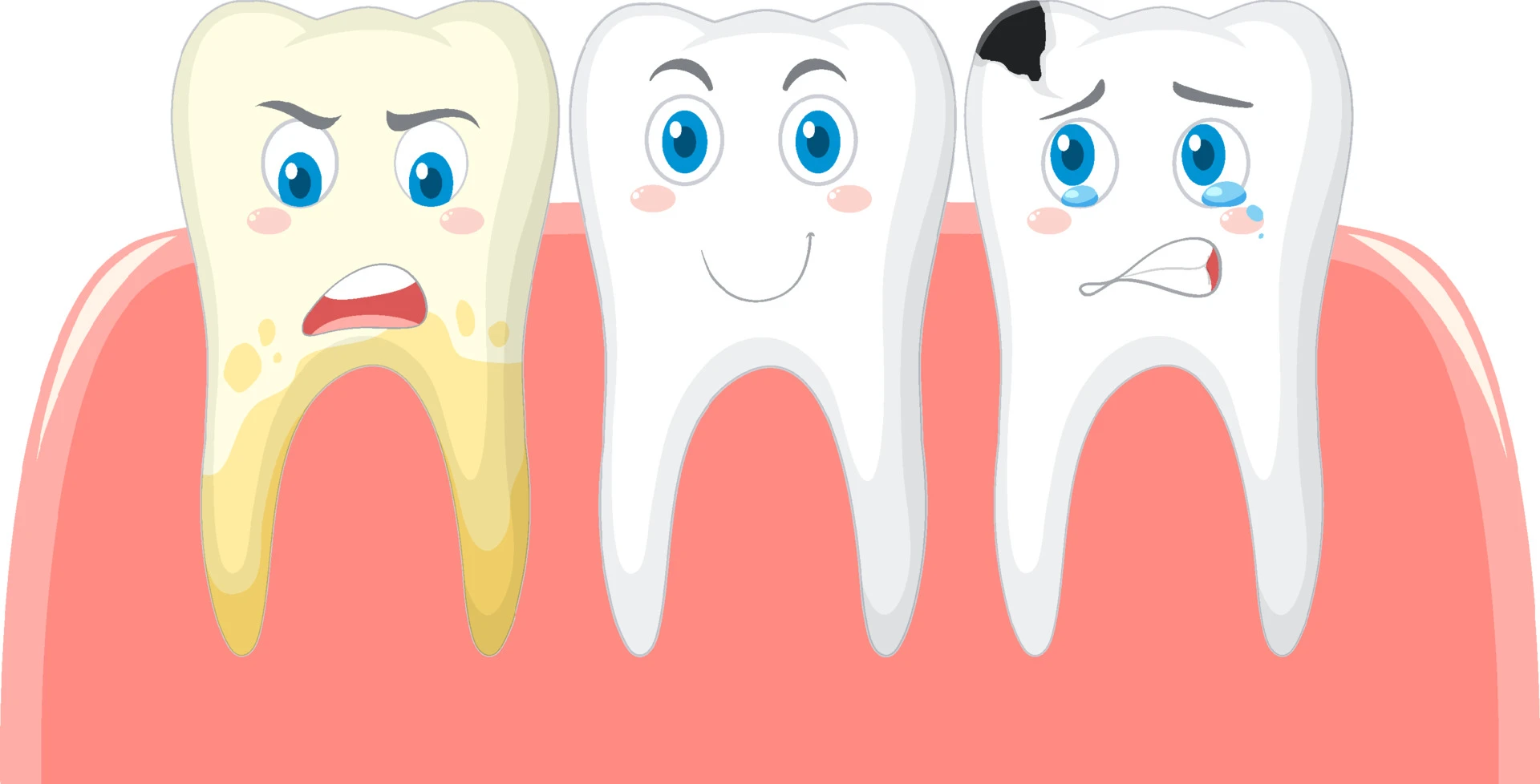While Medicare covers a comprehensive range of medical services, dental care is generally excluded. This means Medicare won't directly pay for routine procedures like cleanings, fillings, dentures, or most extractions. However, there are some specific instances where Medicare may indirectly involve dental services:
1. Inpatient Hospitalization:
If you require a dental procedure as part of your inpatient hospital stay for a medical condition (e.g., a jaw fracture from an accident), Medicare may cover it under Part A (Hospital Insurance).
2. Certain Outpatient Procedures:
Limited outpatient dental services directly linked to a covered medical treatment might be covered under Part B (Medical Insurance). This could include oral surgery related to certain medical conditions like jaw tumors or facial injuries.
3. Medicare Advantage Plans:
Some Medicare Advantage Plans, also known as Part C, offer optional dental coverage as part of their supplemental benefits. These plans are offered by private insurance companies and can vary in terms of coverage and cost.
Here are some alternatives to consider if you need dental care but don't have dedicated coverage:
Dental Discount Plans: These plans offer discounted rates on dental services through a network of participating providers. They're not insurance, but can significantly reduce costs.
Community Health Centers: These centers often provide affordable dental care to low-income individuals, regardless of their insurance status.
Dental Schools: Some dental schools offer discounted or free services to patients as part of student training.
Financing Options: Some dentists offer financing plans to help manage the cost of dental care.
Remember:
Always check with your specific Medicare plan or Medicare Advantage provider to understand their dental coverage details.
Prioritize seeking care from qualified dentists, even if it means exploring alternative options to Medicare coverage.
Regularly consult your doctor and discuss any potential oral health concerns that might be connected to broader medical conditions for potential Medicare coverage consideration.



